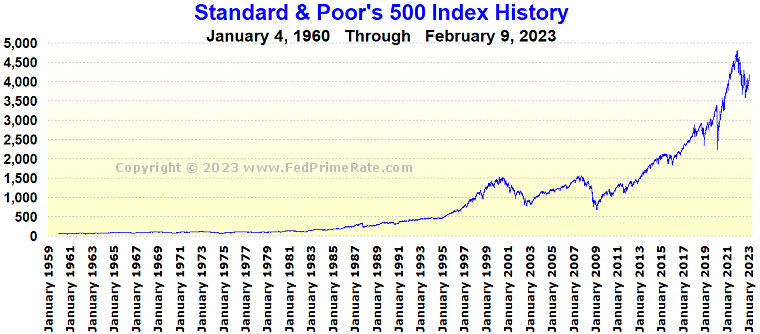- Joined
- May 7, 2011
- Messages
- 6,914
- Reaction score
- 3,673
- Gender
- Undisclosed
- Political Leaning
- Conservative
I have noticed for the past few years that my average return on my 401k has not been that great. It is a long term investment of course so I am not concerned, but rather it just seems like the notion of 10% returns year over year is a rather outdated concept today. That really hasn't consistently been the case since the 90s. Anyway, over the last 5 years my average return has been about 5% or so (some better years, some worse). Otherwise fairly anemic.
So anyway, I am not meaning to create a political debate as to why this is the case, but rather just wanting to see if this is pretty typical.
One last point, your personal rate of return should be the growth from your retirement plan's investments, not what you contribute to it.
My experience with 401K investments are twofold. First the good: employer contribution. Next the bad: All were front load funds. After the fee was paid up front no one managed the fund. It basically just sat collecting dust. After changing jobs I transferred the money to a business that actually manages the money taking 1.25% of the return on the investment.

